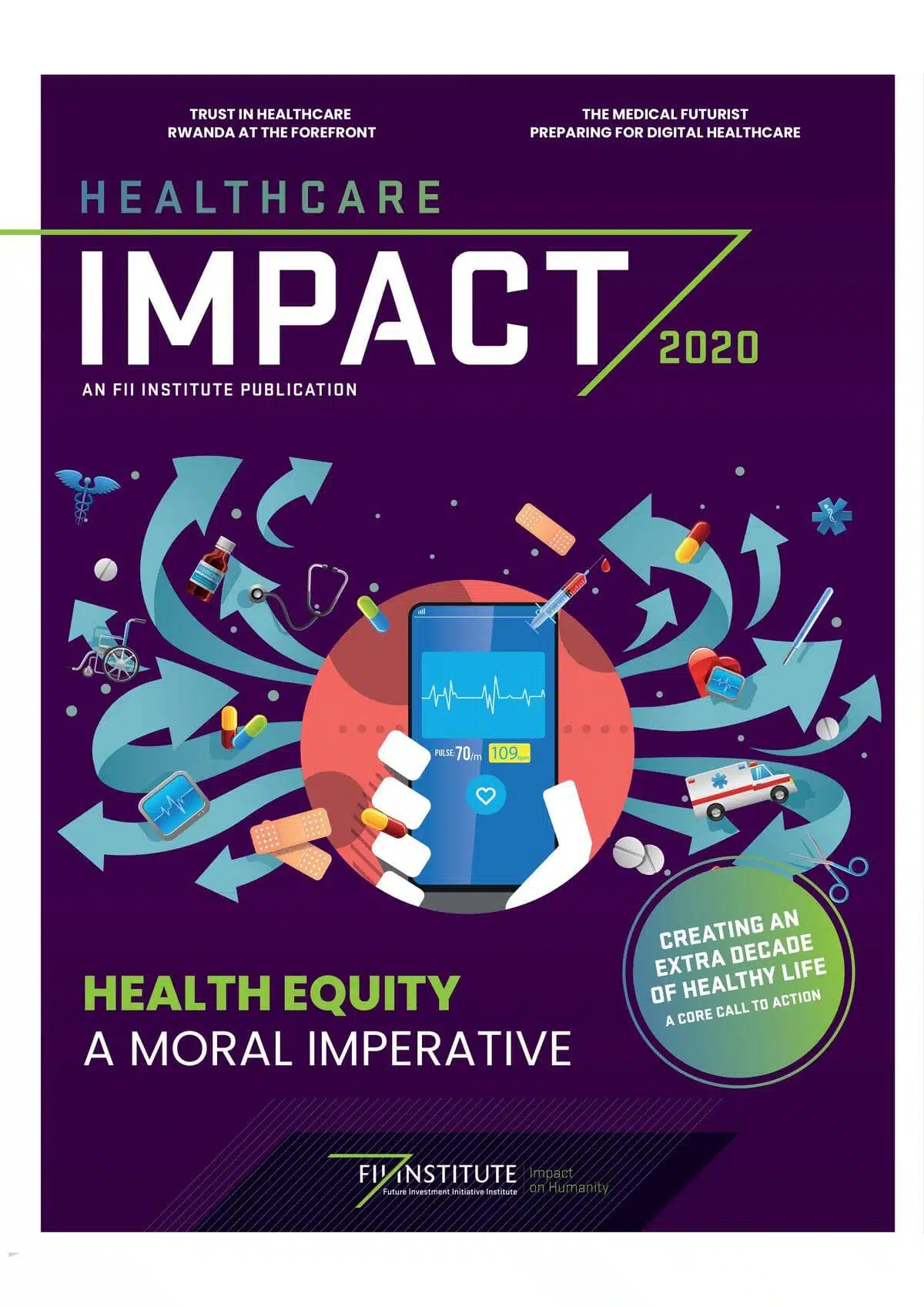On its first anniversary, we take a look at the impact of the Global Infectious Disease Index (GIDI) so far, and at the next steps of its evolution, as the world confronts another potential epidemic, this time in the form of the monkeypox virus.
IN SEPTEMBER 2021, THE FII INSTITUTE launched its Global Infectious Disease Index (GIDI), providing valuable information to help health professionals and the general public assess the readiness and vulnerability
of global healthcare systems in tackling endemic and emerging epidemic diseases. Since its launch, GIDI has acquired a reputation as a scientifically rigorous and credible resource, unique in its field, that serves as a transparent metric and a unified source of truth for anyone with an interest in infectious diseases.
GIDI is primarily a tool to alert policymakers and other stakeholders worldwide to the infectious disease risks and burdens facing global healthcare systems. It can be used to identify countries at risk of endemic and
epidemic infectious diseases.
Healthcare is one of the FII Institute’s four main priorities (AI and robotics, education, and sustainability are the other three) and it has linked its healthcare strategy to the UN’s Sustainable Development Goal : “To ensure
healthy lives and promote well-being for all at all ages.”. During the FII Institute’s research, it noticed that one of the reasons infectious diseases spread so quickly was the lack of credible, up-to-date data. Working with partners Metabiota and Accenture, it developed the Global Infectious Disease Index, a tool that captures data about endemic and epidemic diseases in near real time.

